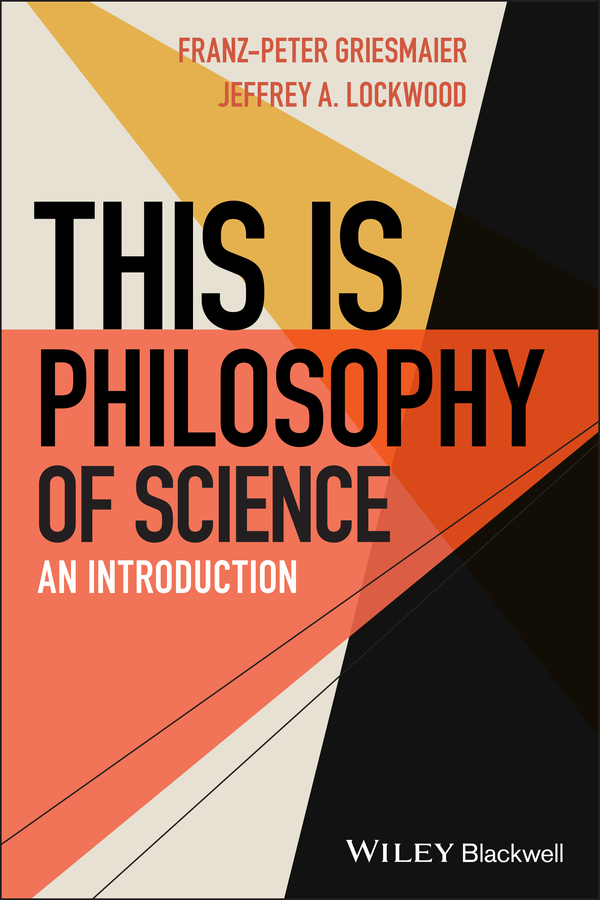<p><b>A clear and engaging introduction to the philosophy of science, exploring the role of science within the broader framework of human knowledge and engagement with the world</b> <p>What are the central features and advantages of a scientific worldview? Why do even reasonable scientists sometimes disagree with each other? How are scientific methods different than those of other disciplines? Can science provide an objective account of reality? <i>This is Philosophy of Science </i>introduces the most important philosophical issues that arise within the empirical sciences. <p>Requiring no previous background in philosophy, this reader-friendly volume covers topics ranging from traditional questions about the nature of explanation and the confirmation of theories to practical issues concerning the design of physical experiments and modeling. Incisive and accessible chapters with relevant case-studies and informative illustrations examine the function of thought experiments, discuss the realism/anti-realism debate, explore probability and theory testing, and address more challenging topics such as emergentism, measurement theory, and the manipulationist account of causation. <ul> <li>Describes key philosophical concepts and their application in the empirical sciences</li> <li>Highlights past and present philosophical debates within the field </li> <li>Features numerous illustrations, real-world examples, and references to additional resources</li> <li>Includes a companion website with self-assessment exercises and instructor-only test banks </li></ul><p>Part of Wiley-Blackwell’s popular<i> This Is Philosophy???</i>series<i>, This is Philosophy of Science: An Introduction </i>is an excellent textbook for STEM students with interest in the conceptual foundations of their disciplines, undergraduate philosophy majors, and general readers looking for an easy-to-read overview of the subject.
Sale!
This is Philosophy of Science
₹2,104.00
This book is currently not in stock. You are pre-ordering this book.




